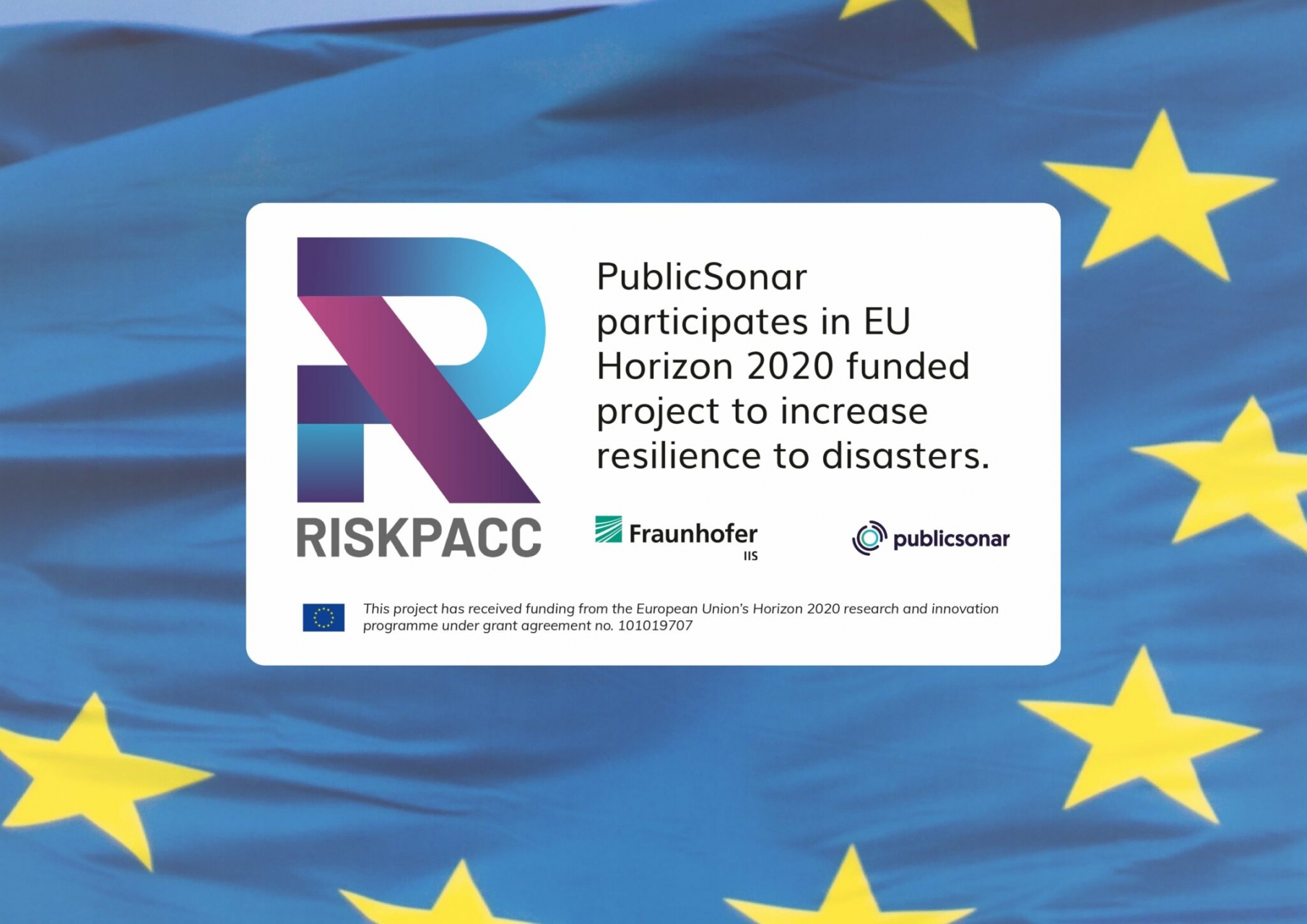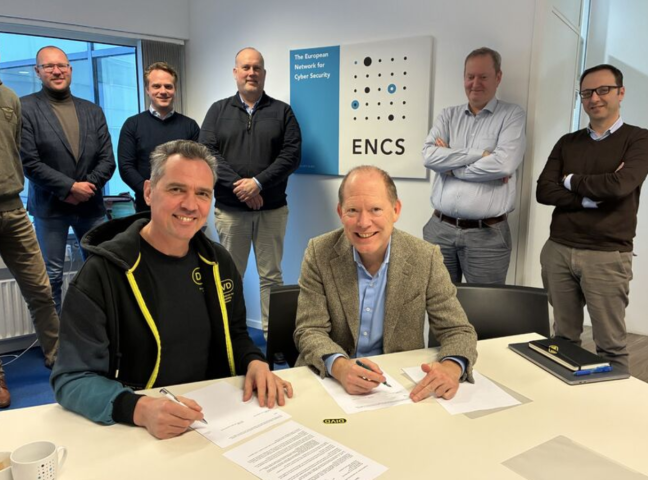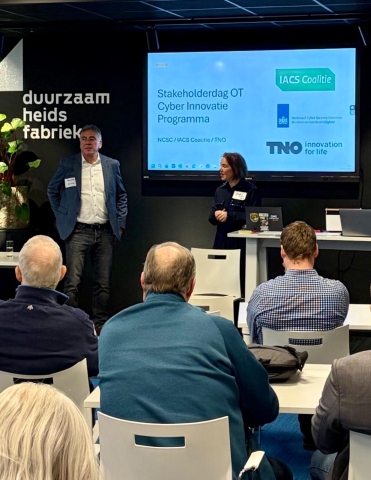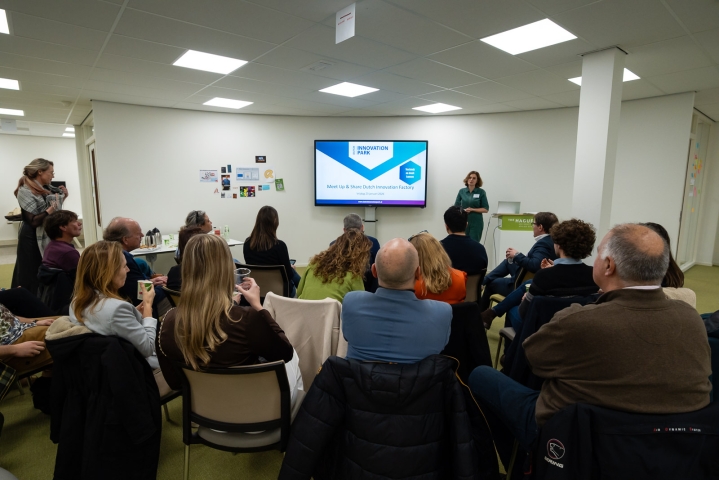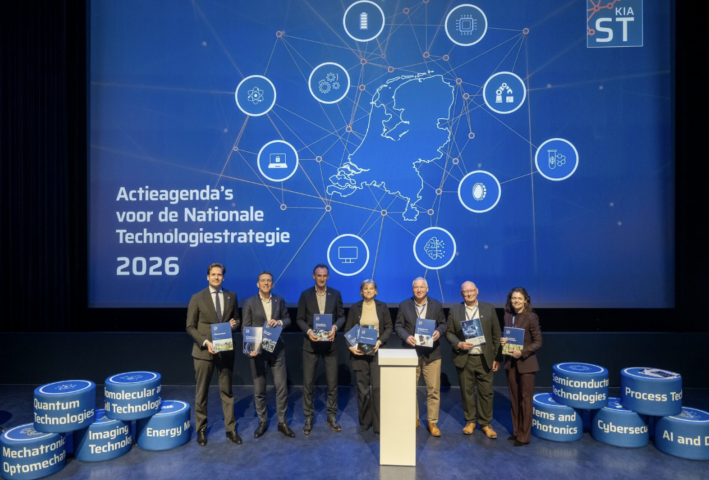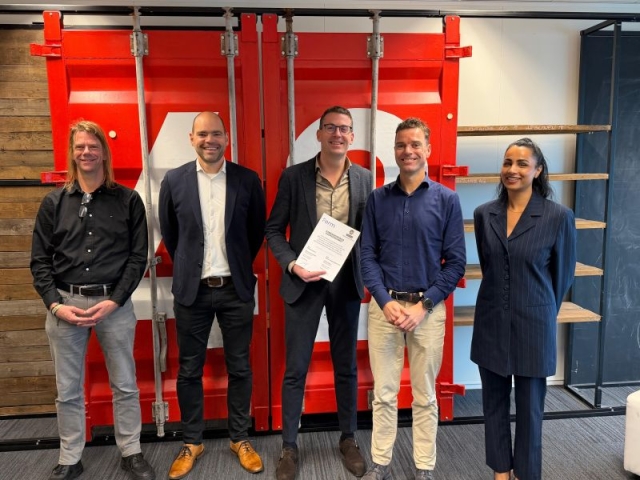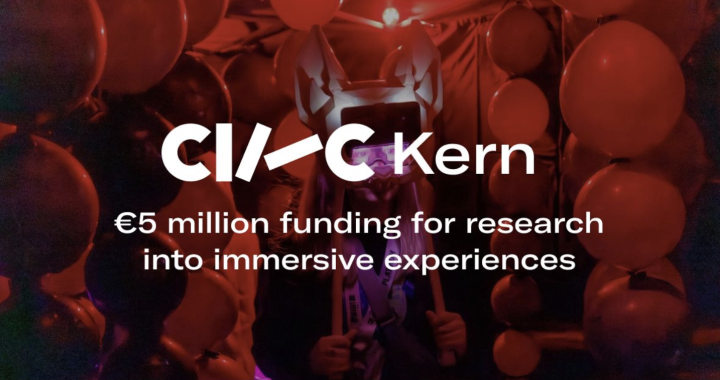PublicSonar Participates in EU Horizon2020 Project To Increase Disaster Resilience
Starting in September 2021, PublicSonar will participate in a Horizon 2020 project funded by the European Commission. The consortium consisting of 20 partners is led by the German research institute Fraunhofer. The RiskPACC project aims to increase resilience towards disasters. PublicSonar will contribute by applying their innovative technology for risk perception and sentiment during disasters in collaboration with partners on a variety of use cases.
What is Horizon 2020?
Horizon 2020 is the biggest European Union (EU) Research and Innovation programme. With a budget of nearly €80 billion for 7 years, it promises breakthroughs, discoveries and world-firsts by taking great ideas from the lab to the market.
Horizon 2020 is at the heart of the EU’s blueprint for smart, sustainable and inclusive growth and jobs. By coupling research and innovation, Horizon 2020 is helping to achieve this with its emphasis on excellent science, industrial leadership and tackling societal challenges. The goal is to make it easier for the public and private sectors to work together in delivering innovation.
Horizon 2020 focuses on several European Societal Challenges. The RiskPACC consortium is part of Societal Challenge 7 “Secure Societies – Protecting freedom and security of Europe and its citizens”. More specifically call DRS01: “Human factors, and social, societal, and organisational aspects for disaster-resilient societies”.
Horizon 2020 funding RiskPACC Project
The RiskPACC (Integrating Risk Perception and Action to enhance Civil Protection-Citizen interaction) project, coordinated by Fraunhofer INT, will start in September 2021. The project will run for 3 years and has a budget of almost €5.5 million. The funding comes from the EU Horizon 2020 programme under the research framework “Safe Societies”. The project consortium consists of 20 partners from 10 European countries.
RiskPACC aims to increase disaster resilience
RiskPACC focuses on increasing disaster resilience across society by closing the so-called Risk Perception Action Gap (RPAG) that can be understood as the mismatch between how risk is perceived and acted upon, and its actual occurrence. Notably, perceptions of risk and risk management actions taken by civil protection agencies and the public, have been shown to be often misaligned.
In seeking to narrow this RPAG, RiskPACC adopts a co-creation approach to facilitate greater interaction and knowledge exchange between citizens, civil protection agencies, civil society organisations, researchers and developers to collaboratively identify resilience requirements and develop potential procedural and technical solutions to build enhanced resilience to a range of hazards. Based on this understanding, seven dedicated case studies focused on wildfires, floods, earthquakes., CBRN, terrorism, health pandemics, and multi-hazard events will be established. These will jointly design and prototype novel solutions across all risk management/disaster resilience phases (i.e. prevent/mitigate, preparedness, response, and recovery) and will be stress-tested in multiple locations and risk contexts.
Overall, RiskPACC will provide an enhanced understanding of disaster resilience from the perspective of citizens and civil protection agencies, identifying resilience building initiatives and good practices led by both. The resultant “Risk Pack” of solutions will include a framework and methodology to understand and close the RPAG; a repository of international best practice; and, tooled solutions based on new forms of digital and community-centred data and associated training guidance.
RiskPACC Project partners
As previously mentioned, the RiskPACC consortium consists of 20 partners, as follows:
- Fraunhofer Institute for Scientific and Technical Trend Analysis INT
- Trilateral Research Ltd
- Institute for Communication and Computer Systems
- Warwick University
- KEMEA
- European Organization for Security
- European Forum for Urban Security
- Czech Fire Brigade Association
- University of Stuttgart
- Public Fédéral Intérieur service
- University of Twente
- Eilat City Council
- Magen David Adom in Israel
- University College London
- PublicSonar (Crowdsense BV)
- STAM SRL
- ISAR Germany Foundation
- The Chief of Police of the Lancashire Constabulary
- Dimos Rafinas-Pikermiou
- Padua City Council
More information about the project >
Also looking for funding? Have a look at the HSD Finance Guide

